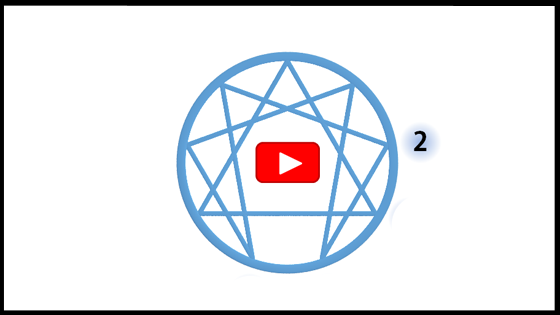Personality Type Two

Overview
Twos like to see themselves as caring, loving people. They want to feel loved and appreciated by others. Twos believe that by being loving and kind to others, others will be kind and loving in return. Twos empathize strongly with others and put their needs first. They reject their own needs, feeling that they would be selfish to satisfy them.
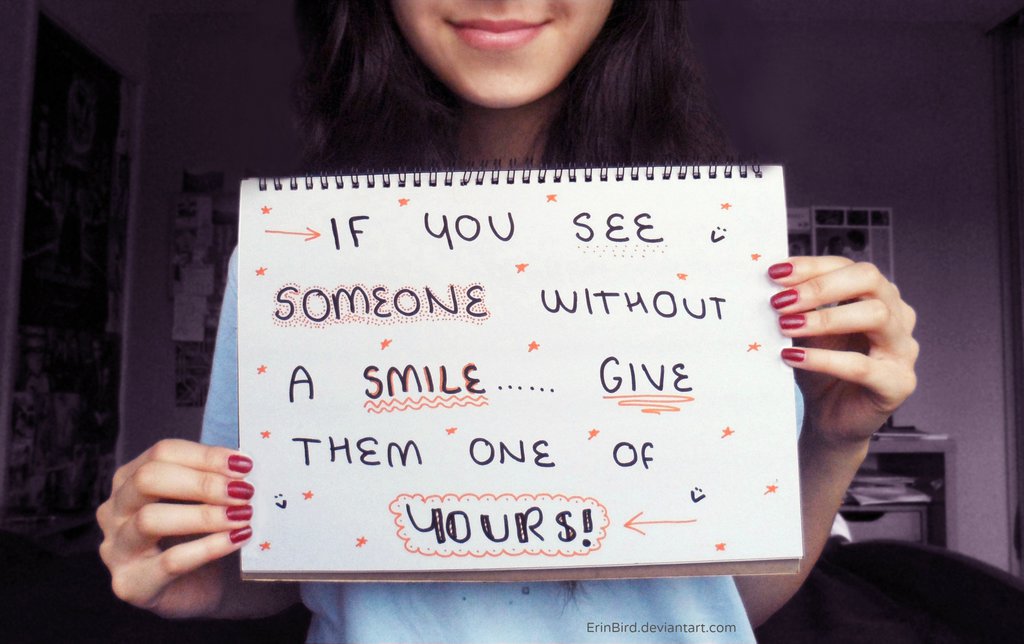
Twos are seeking intimacy. They want to find a way to establish relationships in which they are close to others and deeply wanted. Twos believe that being kind and giving will open the door to such relationships. Twos believe that voicing their own needs will turn others away. Twos, therefore, are very indirect in the manner in which they express their needs. They truly want others to fulfil their needs; after all, they want to know others love them. Twos spend a great deal of time helping others, however, they have a hard time asking for help.
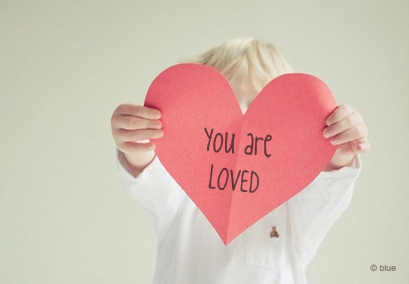
Average
Average Twos see themselves as a special friend to others. They see others as people in need. Twos see themselves as having the ability to help others and feel obligated to do so. Twos are extremely well intentioned and for the most part, there deeds do please others. But Twos have a hard time recognizing their own emotional needs, especially their need to be appreciated.
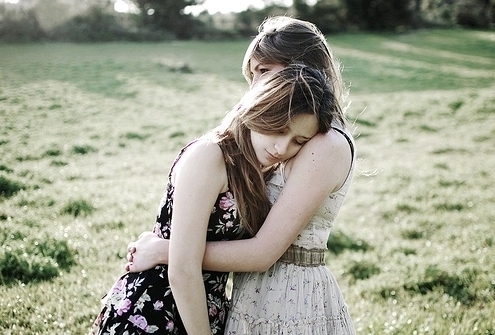
Average Twos want others to depend on them - they need to be needed. Twos seek scenarios where they can fulfil the needs of others. Twos actively seek opportunities to be there for others. However, others don't always need their help. Twos begin to feel that others take them for granted. Twos give their time and resources to help and others don't appreciate it. Twos believe that the solution to this problem must be to show others that others need them.
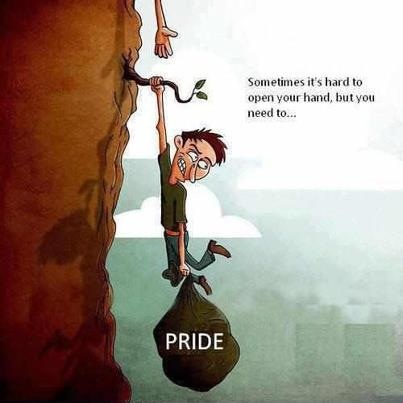
Average Twos sometimes complain that others don't appreciate them. They feel that they love others more than others love them. Twos want to make certain that others see them as helpful and caring. Twos start to toot their own horns, reminding others of all the good things they have done. Twos take pride in their conduct and advertise to others the good they can do for others.
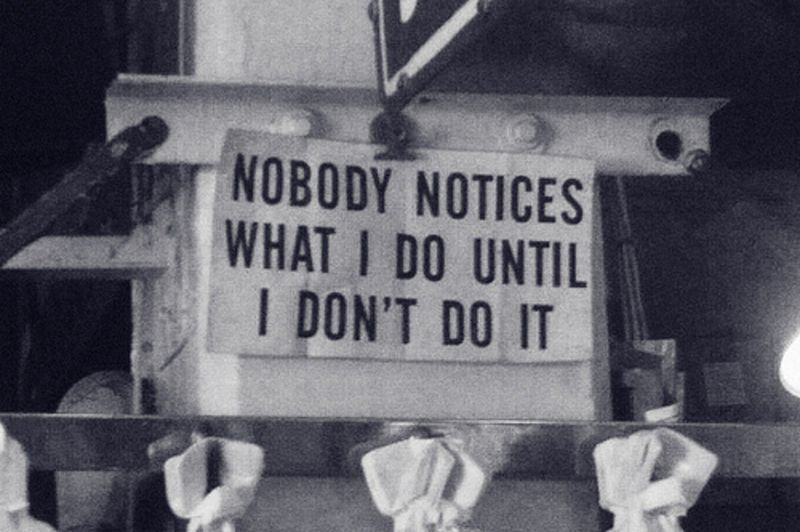
Average Twos feel that they are indispensable and that they must sacrifice themselves for others. They become the guilt-instilling martyr who needs to be needed. In fact, they are so desperate for appreciation that they will impose their help on others. They overcompensate by telling others how much others need them. Their self-importance and imposition tends to drive others away and makes others reject the Two -- one of their worst fears. Of course, the risk of rejection just motivates Twos to try even harder to be involved with others.
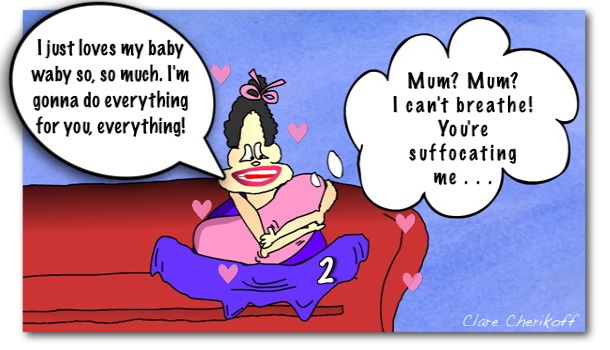
At their Worst
If they haven't received the love they so desperately want, severely imbalanced Twos will become coercive and manipulative, demanding others love them. They flatter themselves and see themselves as "all good" while they play on others' guilt and make others feel indebted to them.
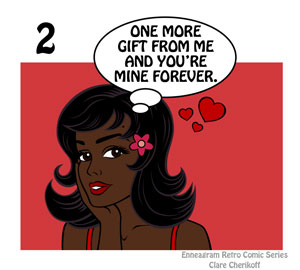
What leads Twos down the wrong path is the false belief that others will only appreciate them if they are all loving. Twos have a hard time feel good about themselves -- they need others to validate and affirm their value. Their self-image is based more upon the responses of others than on their own intrinsic value.
At their Best
Healthy Twos have let go of their forced love. Twos believe that they are the loving agent who comes in and helps people get back on their feet. Healthy Twos are incredibly generous, encouraging, and nurturing. They genuinely love and care for others, without expecting appreciation or gratitude. The act of helping is its own reward. Two's enormous empathy creates a real bond with others, making Twos delighted when they know others are happy.
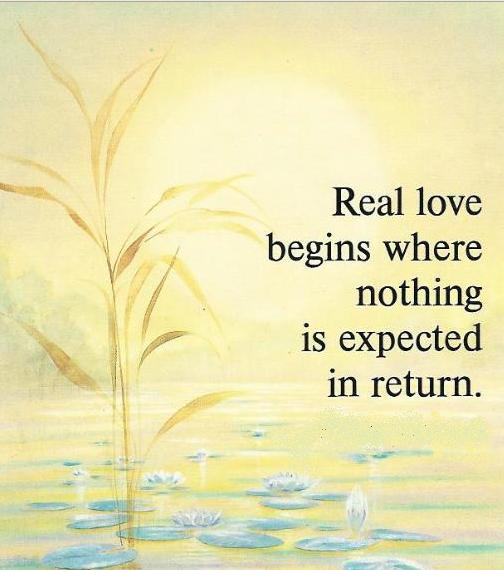
At their best, Twos let go of the false belief that they are not allowed to take care of themselves. Healthy Twos recognize their own needs and believe that they deserve to treat themselves occasionally. They believe that good is still happening, even in their absence. Their generosity carries no expectation of return.

Their kind acts are examples of true unconditional love. Their love includes everyone-- including themselves.
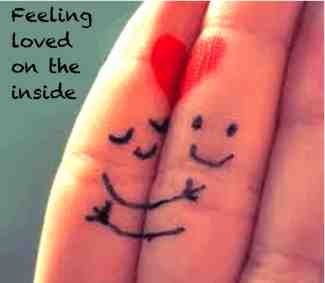
Analysis
Similarities with other Types
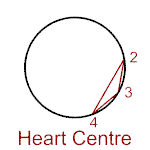
Twos seek attention (like Threes and Fours)
Read More
|
|
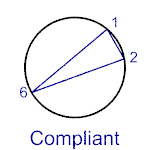
Twos are compliant to their inner rules (like Ones and Sixes)
Read More
|
| |
|
|
|

Twos handle problems with a positive outlook approach (like Sevens and Nines)
Read More
|
|
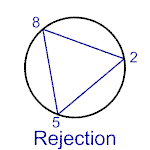
Twos tend to reject their own needs (like Fives and Eights)
Read More
|
Interviews with Twos






















